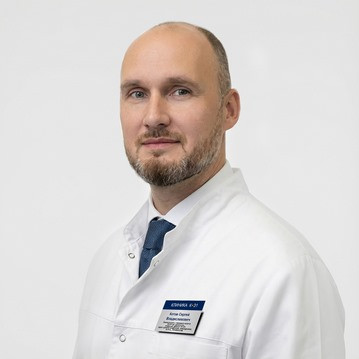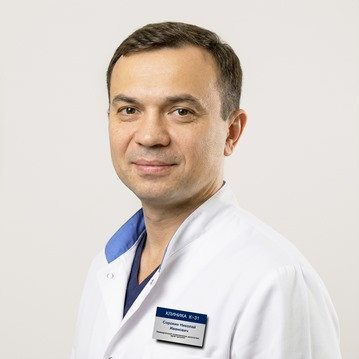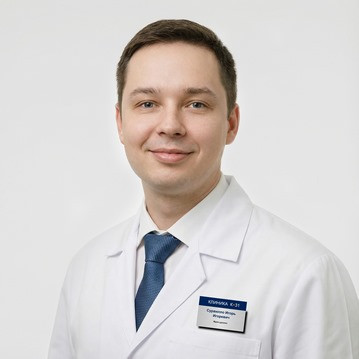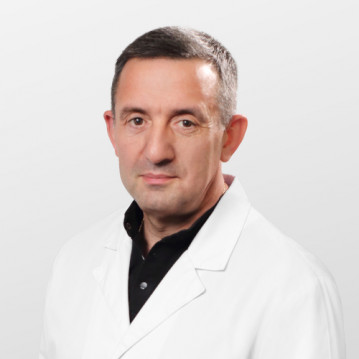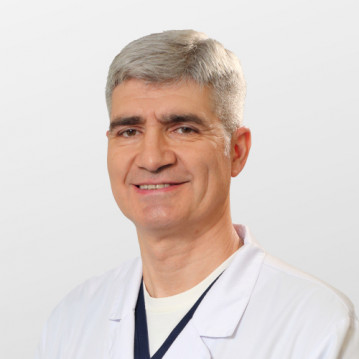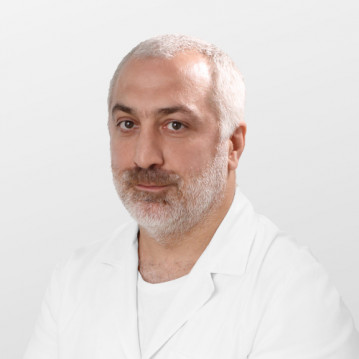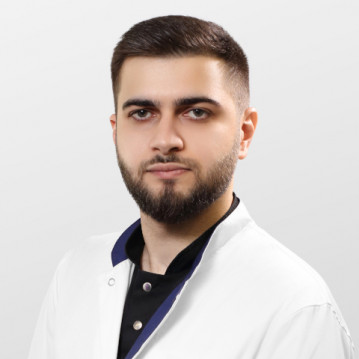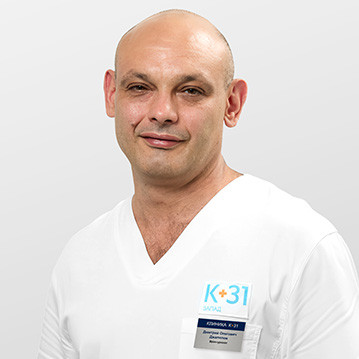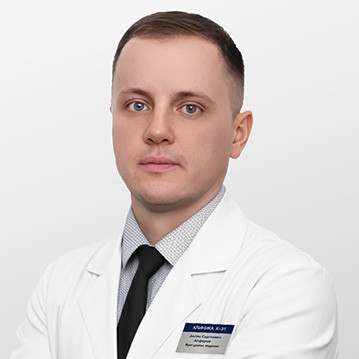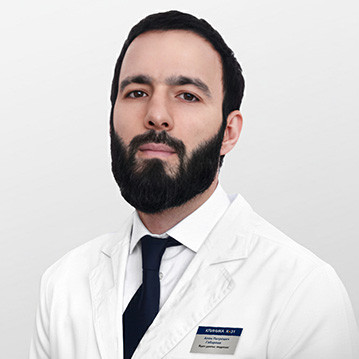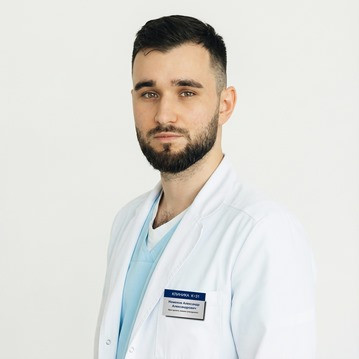Do you have severe pain in your side or lower back? Have problems with urination? Make an appointment for a CT scan of the kidneys and urinary tract. In Moscow, comprehensive diagnostics using modern equipment can be done at the K+31 multidisciplinary medical center.
Computed tomography (CT) in urology is a non-invasive and technically simple diagnostic technique. It combines X-ray imaging with digital processing. The procedure is completely painless and causes no discomfort.
What is CT urography?
CT of the urinary system is one of the most informative methods for diagnosing diseases of the kidneys, ureters and bladder.
The human body is scanned with x-rays, and computer software analyzes the data to obtain transverse and longitudinal "sections" of the organs. The monitor displays information about the density of tissues.
During a kidney CT scan with contrast, the doctor can assess the condition of the blood vessels (the presence of renal artery stenosis or other vascular pathologies).
CT diagnostics allows you to visualize the processes occurring in the kidneys, adrenal glands, perirenal space and tissues of the retroperitoneal region. With its help, you can determine the condition of the urinary tract and regional lymph nodes.
Please note: Hydronephrotic transformation (hydronephrosis) can be detected on an ultrasound scan, but the cause of the development of dropsy of the kidney can only be determined by CT of the kidneys and urinary tract or MRI .
On the tomogram, developmental anomalies, local suppurations (abscesses), malignant and benign tumors, cystic formations and calculi (stones) are clearly visible.
CT of the urinary tract helps to clarify the number, location, structure and density of stones, as well as to detect "sand", i.e. small (up to 3 mm) mineral formations. Depending on the data obtained, a lithotripsy procedure (crushing stones) or surgical removal of stones may be indicated.
Indications and contraindications
CT examination of the kidneys and urinary system is mandatory for renal colic, i.e. intense spastic pain in the lumbar region.
Possible indications for tomography:
- bladder dysfunction due to chronic infection;
- central and peripheral edema;
- hyperthermia (increased temperature within subfebrile values) in combination with pain in the side or lower back;
- abdominal, lumbar and groin injuries;
- enlargement of regional lymph nodes;
- problems with urination (retention, incontinence, decreased daily diuresis, etc.);
- inflammatory processes (pyelonephritis, glomerulonephritis);
- suspicion of urolithiasis (urolithiasis);
- blood in the urine (micro or macrohematuria);
- probability of congenital anomalies of the urinary system;
- verification and clarification of the preliminary diagnosis;
- Differential diagnosis with pathologies of the musculoskeletal system.
If a patient has clinically significant renal dysfunction, liver failure or decompensated diabetes, a consultation with a specialized specialist (endocrinologist, gastroenterologist, etc.) will be required before the procedure.
The procedure is associated with dosed exposure to X-rays, which are one of the mutagenic factors. For this reason, pregnancy (regardless of gestational age) is an absolute contraindication for this type of study.
Women of reproductive age are strongly advised to take an hCG test or take a pregnancy test before any x-ray diagnosis. Irradiation is also undesirable during lactation (breastfeeding).
CT of the kidneys and urinary tract with contrast cannot be performed if individual hypersensitivity to iodine-containing drugs is detected.
Relative contraindications include some neuropsychiatric diseases, in particular, the fear of closed spaces (claustrophobia).
If a CT of the urinary system with contrast is to be performed, a biochemical blood test is performed in advance. Reference values for urea levels are from 2.5 to 8.3 mmol/l, and creatinine levels are 50-115 µmol/l. If at least one indicator is above the normal range, then intravenous contrast is contraindicated.
It is recommended to remove metal jewelry before starting the procedure in order to avoid data distortion.
